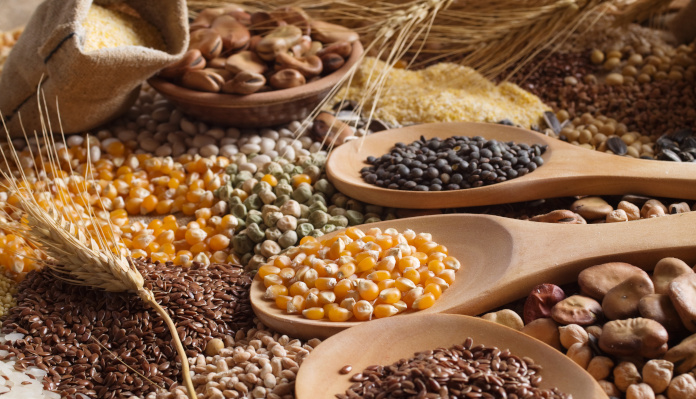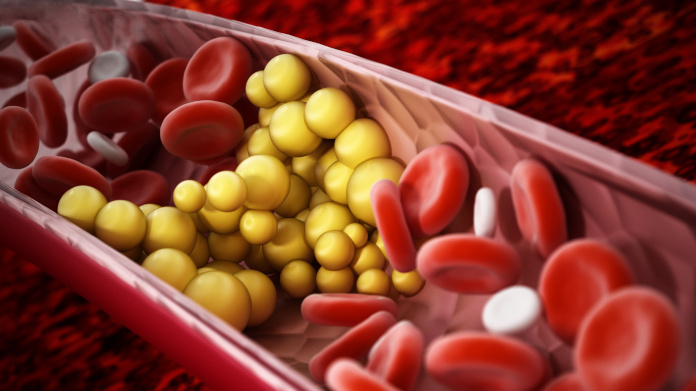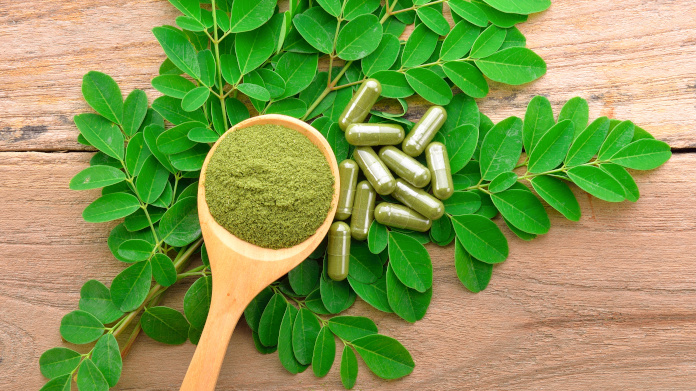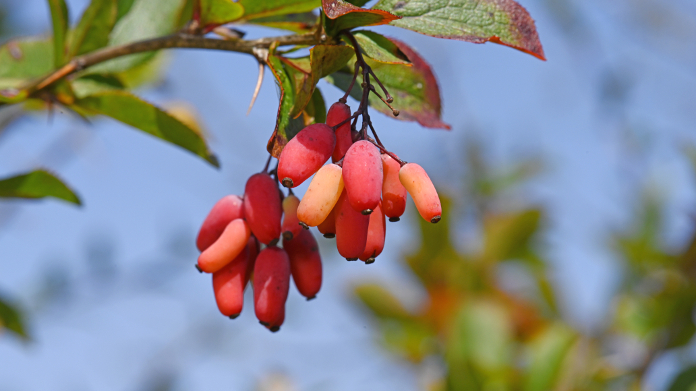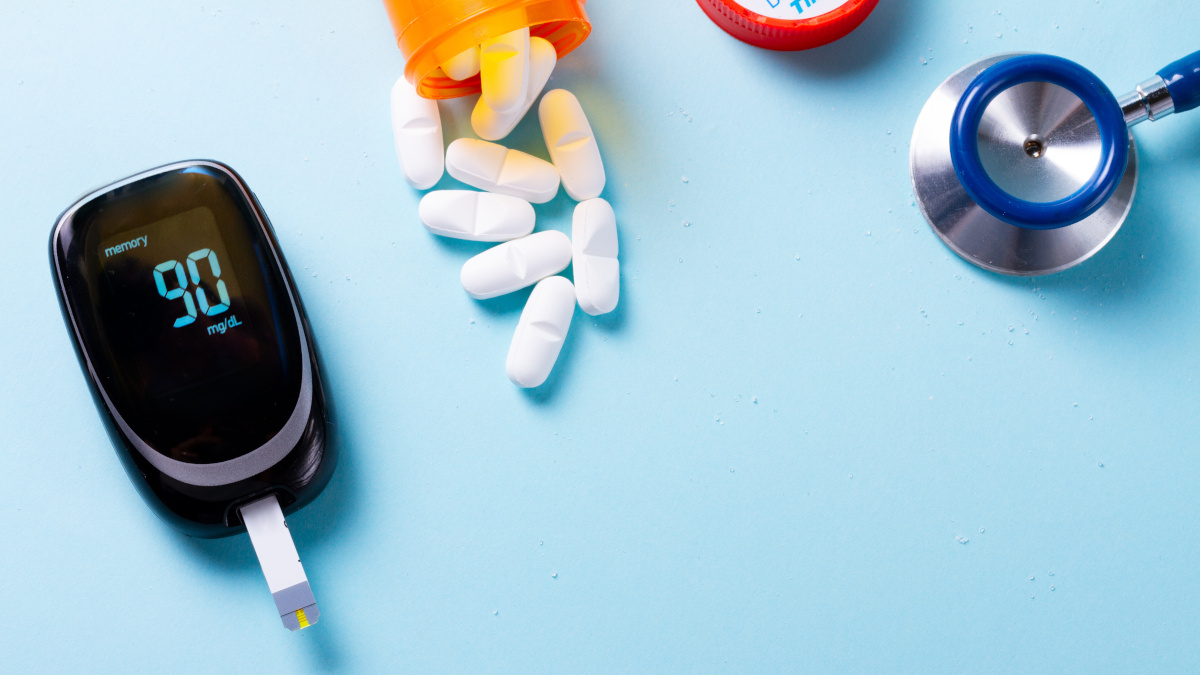
Described by the World Health Organization as “a leading cause of death globally”, diabetes constitutes a genuine worldwide pandemic, which in all likelihood, poses one of the greatest threats to mankind since the end of the Second World War.
Indeed, there are approximately 61 million diabetics in Europe and 537 million worldwide, though these figures are rising constantly: the number of people with diabetes has increased by 74 million in just two years (1).
This is hardly surprising: type 2 diabetes, which accounts for over 90% of all diabetes cases, is primarily associated with a sedentary lifestyle and a high-fat, high-sugar diet.
In normal circumstances, intake of dietary carbohydrates naturally causes blood sugar levels, or glycaemia, to rise after a meal.
The pancreas responds by producing the hormone insulin, the function of which is to allow cells to take up this glucose as needed, with excess sugar sent to the liver and fat cells to be stored.
Except that with age, and especially when the diet contains too much fat and sugar, cells become resistant to insulin: this is the first stage of type 2 diabetes.
From that point on, the pancreas increases insulin production in order to maintain its blood sugar-lowering effect: this is the second stage of type 2 diabetes.
After a few years, in the absence of any improvements to the diet, the pancreas becomes exhausted and stops producing enough insulin: this is the third stage of type 2 diabetes.
Initial approaches to treating type 2 diabetes are fairly self-evident (2):
Should these diet and lifestyle measures prove ineffective at lowering blood sugar levels, doctors will generally recommend diabetes medication, in the form of tablets and then injections.
To tackle this genuine diabetes pandemic and the rapid progression of symptoms, scientists have increasingly been turning their attention in recent years to certain plants used in traditional medicine around the world to help lower blood sugar levels.
Ginger is recognised for helping to regulate blood sugar levels. Several studies suggest that ginger, particularly its gingerol content, has an inhibitory effect on alpha-amylase and alpha-glucosidase. Ginger may also act by modulating insulin production and may improve cells’ sensitivity to insulin. Hence the scientific interest in the potential of ginger in helping to tackle diabetes (5-7).
With a long history of use in many traditional systems of medicine, fenugreek is also being studied for its ability to lower blood sugar levels. One of its active principles, 4-hydroxyisoleucine, is believed to be responsible for its effects on insulin (8-9).
Fenugreek is thus recognised for helping to maintain healthy blood sugar levels.
Australia, Japan, Vietnam: Gymnema sylvestris is used in traditional medicine in many countries in Asia and Oceania, as well as in Ayurvedic medicine.
While this vine-like shrub is recognised for supporting weight control, as well as fat and carbohydrate metabolism, it is of particular interest to doctors for its beneficial effects on the pancreas. The active principles in Gymnema sylvestris appear to promote the regeneration of beta cells, a type of cell found in the pancreas which is involved in insulin production. The plant is therefore considered to offer particular promise in the treatment of type 2 diabetes, especially at an advanced stage (10-11).
Plants belonging to the Berberis family, such as barberry, contain berberine, an alkaloid widely studied for its antioxidant, hypolipidemic and blood sugar-lowering effects.
In a number of studies investigating the efficacy of berberis-based treatment in diabetic subjects, the plant was found to support glucose catabolism, stimulate insulin production and improve its blood glucose-lowering function(12-13).
Banaba or crape myrtle, has been used for thousands of years in traditional Asian medicine in the form of a tea or extract, to support weight loss and regulate glycaemia. Recent studies have demonstrated that the benefits of banaba, including its recognised contribution to glucose metabolism, are due to one of its active principles: corosolic acid.
That’s why, since the early 2000s, a number of studies have been conducted to evaluate the potential of this Asian plant in the treatment of diabetes and its complications.
It goes without saying that you should feel free to seek advice from your doctor before starting any course of supplements, alongside your medication.
Insulin resistance is a silent condition that can cause serious complications. Discover how to identify it.
Whole grains, refined or processed cereals, with sugar, without sugar: at last, an article that separates the wheat from the chaff!
Whether it’s to lose weight, wean yourself off sugar, or maintain good health, following a sugar-free diet is becoming more and more popular. Discover which foods are permitted and which are prohibited.
What is ‘bad’ cholesterol? How can you reduce it? Discover 8 simple, natural ways of lowering LDL cholesterol in the blood.
‘Miracle tree’, ‘tree of life’, ‘richness of India’ ... A star plant of Ayurvedic medicine used for centuries in India and Africa, moringa continues to surprise us with its high nutritional value and unique properties
In the United States, berberine is one of those substances that people just can’t get enough of. Though previously little-known among Western populations, it is now becoming the new anti-ageing and anti-diabetes weapon, because by improving insulin sensitivity and facilitating the transport of glucose into cells, it appears to be as effective as conventional drugs at enhancing the body’s ability to use glucose and insulin and so lower blood sugar.

Free
Thank you for visiting our site. Before you go
REGISTER WITH
 Berberine
Berberine 252 reviews
252 reviews Super Gingerols
Super Gingerols 3 reviews
3 reviews Gymnema sylvestre
Gymnema sylvestre
